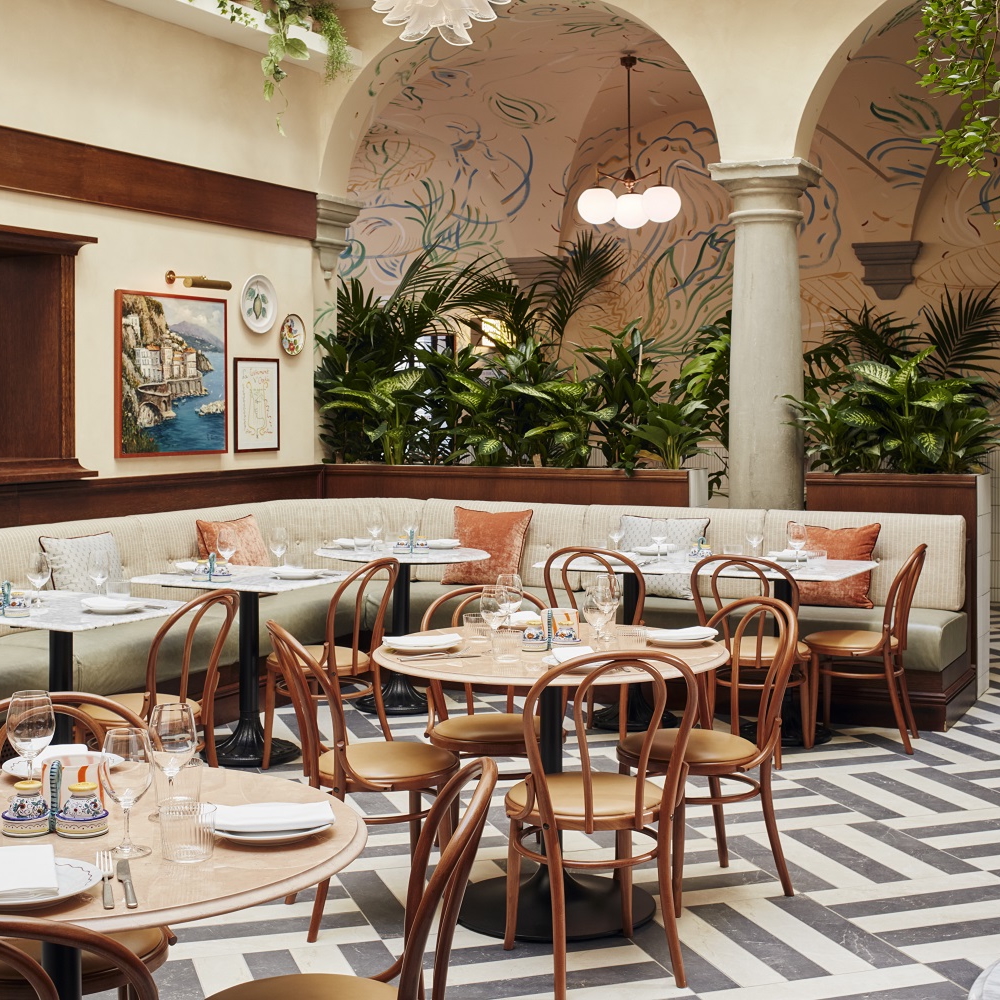

The rise of hybrid hospitality: hotels, co-working and social clubs under one roof As our lifestyles become more fluid and multi-dimensional, hospitality spaces are evolving to reflect this new rhythm. More than just a place to sleep, a hotel can now offer moments of productivity, social connection and creative stimulation within a single destination that feels intuitive and intentional from morning to night.
In a hybrid model, every square meter of the hotel serves multiple functions, inviting guests to inhabit spaces in a way that feels natural and flexible rather than segmented or scripted.
At Zoku Amsterdam, rooms are designed not only for comfort but also for long work sessions, with modular layouts that allow guests to shift from email to evening with ease. The line between hotel guest and local member fades away as both communities come together in shared lounges, collaborative kitchens and rooftop terraces that foster moments of conversation and connection.
A property like The Hoxton has become known for lobbies that shift in tone throughout the day. In the morning, they invite quiet focus with soft lighting and fresh coffee. By midday, the same space welcomes informal meetings and casual bites. In the evening, it transforms again into a warm social hub, without the guest needing to move or redefine their purpose in being there.

True hybrid hospitality goes beyond offering a few work desks or lounge chairs. It becomes an open platform for local life to unfold, where visitors and residents share the same spaces and stories.
The Audo in Copenhagen is more than a hotel. It blends creative studios, exhibitions and hospitality under one roof, forming a destination that feels alive and locally rooted. From design talks to community dinners, every activation serves to express the brand’s values in real time and connect people across backgrounds in a setting that feels both intimate and inspired.
At Lokal Hotel in Philadelphia, the hybrid approach takes shape through thoughtful partnerships with nearby makers and artisans. Events like local yoga sessions, creative workshops and slow breakfasts hosted by chefs turn a stay into a cultural immersion. The result is a guest experience that feels personalized and poetic, not templated or transactional.


Rather than defining travelers by narrow categories like business or leisure, hybrid hospitality embraces the full complexity of modern life and offers spaces that adapt to mood, moment and intention.
A breakfast room that becomes a co-working studio and transforms again into a music venue by night embodies a more conscious use of space. This type of operational agility not only reduces the need for excess square footage or duplicated services but also enriches the atmosphere with a sense of natural movement and balance.
When guests return not for a deal but for a feeling of familiarity and alignment with their daily habits, loyalty becomes something deeper and more emotional. Hybrid hotels can become part of their guests’ weekly rhythm, like a trusted café or yoga studio, anchoring them in a place that feels consistent yet always welcoming new layers of experience.